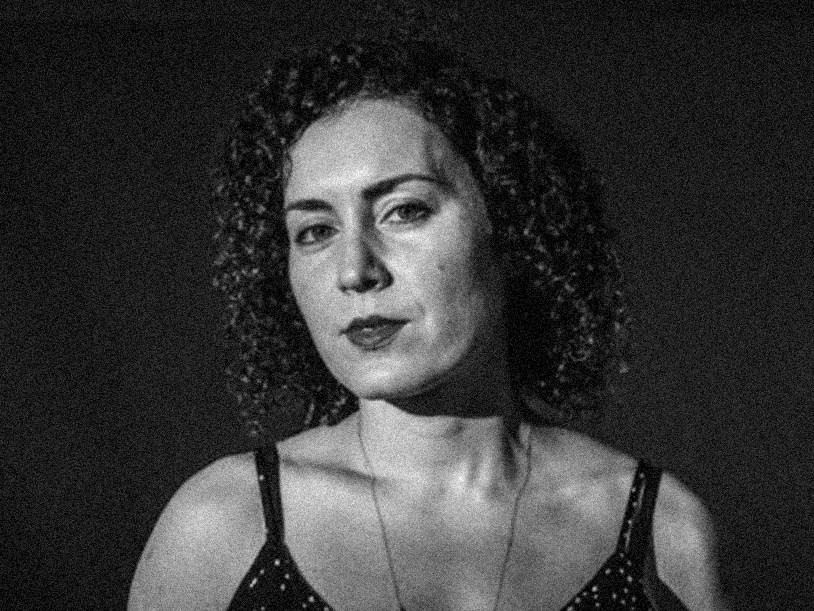Maria's article 'What Makes a Person: The Seven Layers of Identity in Literature and Life' explores the work of Philosopher Amelie Rorty and in considering The individual (from The Identities of Persons, 1976) Maria distils what she deems to be "Rorty’s most important point — the integrity of our identity requires a locus of agency that is honored by the collective but cultivated in solitude."
The article discusses philosopher Amélie Rorty's analysis of seven layers of personhood, as explored in her 1976 work "The Identities of Persons." The article breaks down how humans interpret and modify their sense of self through different conceptions:
- Characters: Defined by traits and not expected to have inner unity
- Figures: Archetypal beings defined by their role in larger narratives
- Persons: Unified centers of choice and action, with legal and moral responsibility
- Selves: Defined by property and possession of rights and powers
- Souls/Minds: The inner aspect of personhood focused on agency and choice
- Individuals: Indivisible entities with inalienable rights who resist categorization
- Presences: The highest form of personhood that transcends willful achievement
The text emphasises how each level of personhood comes with different implications for human rights, social relationships, and self-understanding. It explores how these various modes of identity interact with society and suggests that true individuality requires both social recognition and solitary development. The article concludes by suggesting that "presence" represents the most elevated form of personhood, one that can't be achieved through conventional means but represents a pure form of being present to one's experiences.

